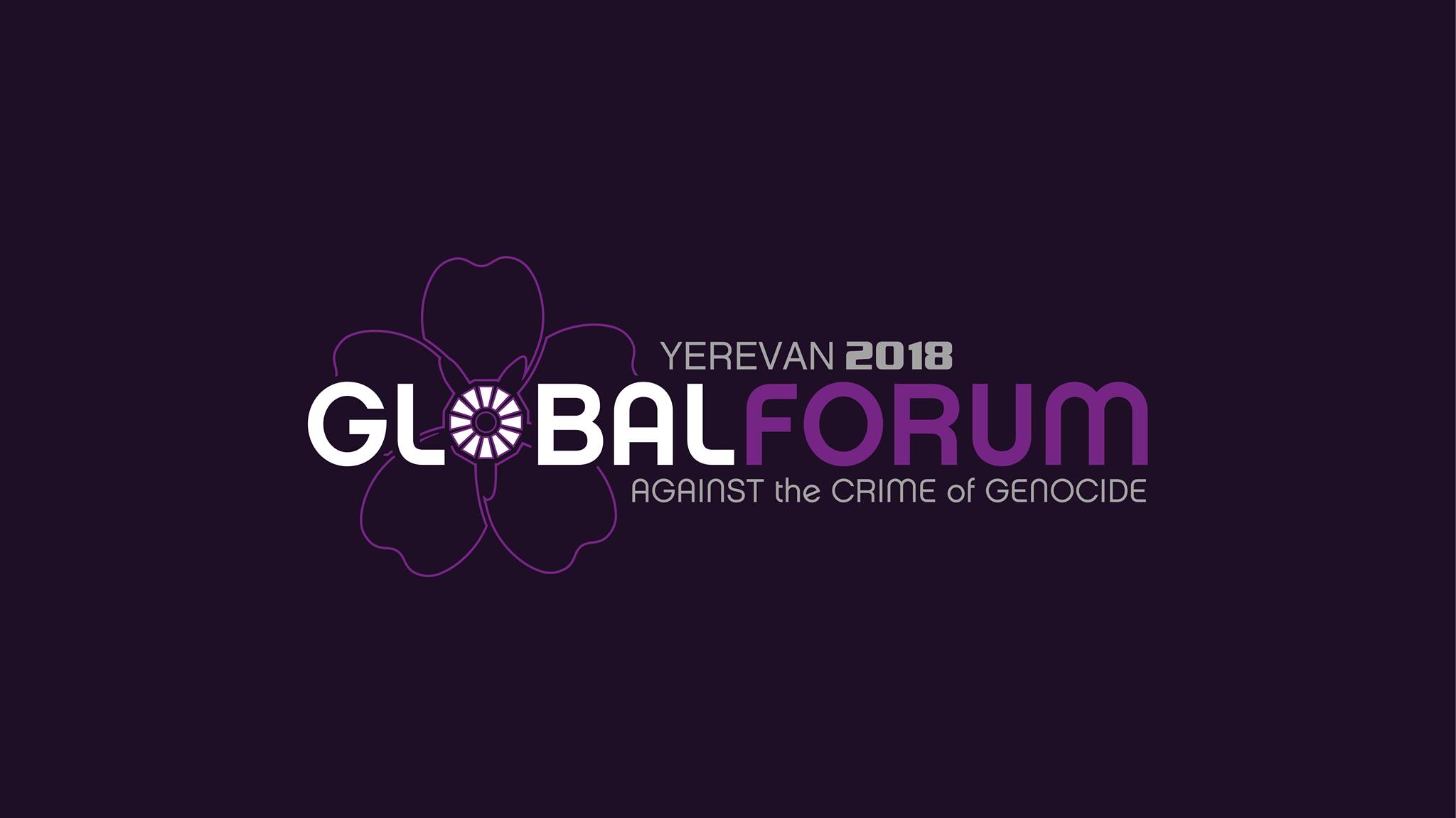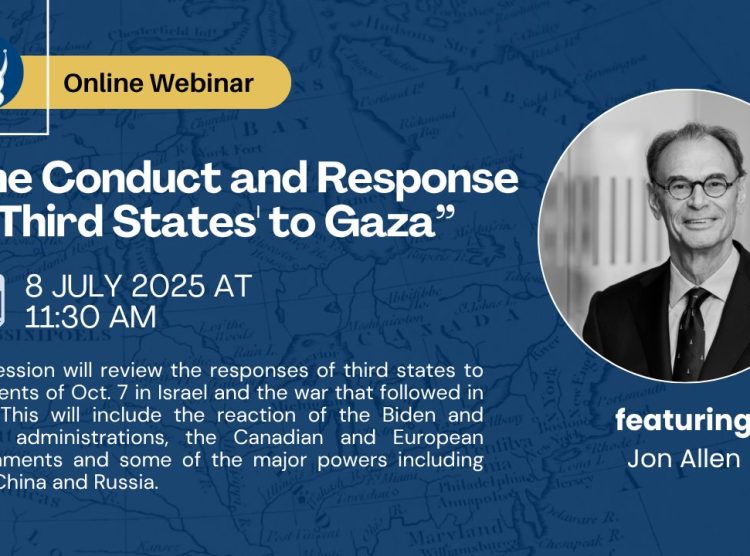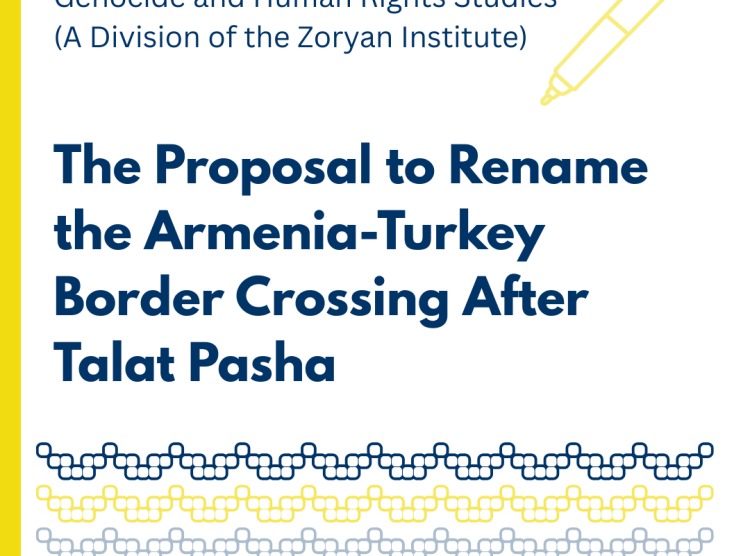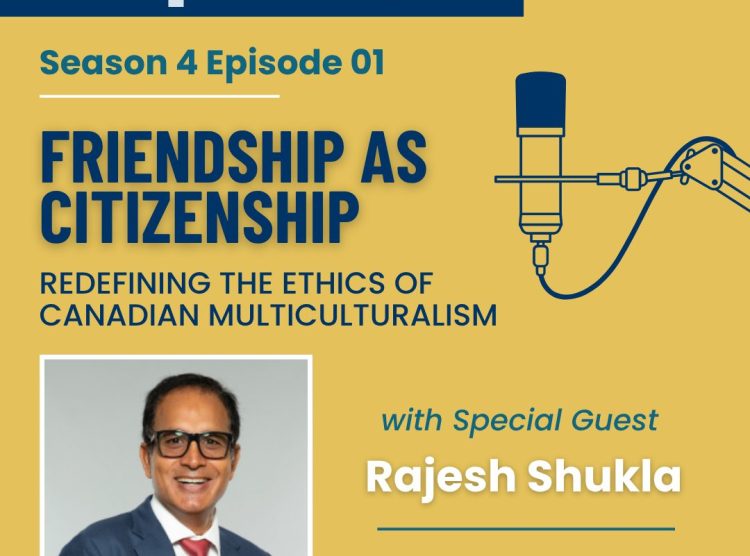TORONTO, Canada: To commemorate the 70th anniversary of the Universal Declaration Human Rights, the 3rd Annual Global Forum Against the Crime of Genocide is being hosted in Yerevan, Armenia with the support of the United Nations special advisor to the Secretary General on the Prevention of Genocide. The forum brings together scholars and practitioners from around the world to discuss the challenges of, and opportunities for genocide prevention.
According to Prof. Elisa von Joeden-Forgey, who is attending the Global Forum, there are many reasons why Yerevan is an appropriate location for the forum to be held. The location calls attention to the victims of a classical case of genocide, the Armenians. Secondly, in recent decades, Armenians have worked hard to tie the annual commemoration of the Armenian genocide to the suffering of victims of genocide globally. This universalist language of commemoration lends itself to the productive discussion of prevention and accountability in the global community.
Irene Victoria Massimino, professor at Universidad Nacional de Tres de Febrero in Argentina, who is also attending the Forum, notes that while the declaration has served to enhance individual freedoms, civil, and political rights in general, it does not properly address rights that are integral in contemporary times, many of which are caused by severe global inequalities, such as healthcare, access to education, food security, and protection of natural resources.
Reflecting on this 70th anniversary of the Universal Declaration of Human Rights (UDHR) the board members of the Zoryan Institute and journal editors shared the following comments. Prof. Herb Hirsch explains that, “the importance of a declaration is to create an agenda to guide behaviour in international politics.” Prof. Joyce Apsel adds that the declaration “articulates the possibility of realizing a vision of human rights rooted in the human potential to achieve equality and dignity and identifies a series of ‘inalienable rights of all members of the human family.’
When contemplating the UDHR, it is important to situate it historically, and in a social context. Chairman of the Board, Prof. Roger W. Smith, explains that “when the UN adopted the UDHR, the membership was largely white European and North American.” A critique of the UDHR on these terms was that “human rights were not universal” and, “were caught up in domestic and international politics. This pattern has continued… “ and today, “…the idea of human rights as part of the fabric of communities and international organizations seems to be present only ‘off-stage.’”
Of course, it is difficult to measure what progress the UDHR has achieved, but Prof. William Schabas contextualized important milestones which were achieved in the last 70 years because of the declaration. He explained that “The Declaration expanded upon President Roosevelt’s four freedoms: freedom of speech and belief, freedom from fear and from want. And now, some 70 years later, we have a rich and sophisticated body of human rights law. Scores of influential institutions charged with protecting and promoting human rights have been brought into existence.”
Of course, there are ongoing crises in Yemen, Myanmar and Syria, devastating climate change is on the horizon, mass human migration is creating political tensions, and various groups of differing ethnicities, religions, genders, and identities continue to face oppression and discrimination. As Prof. Schabas affirms, “…human rights are and always have been a work in progress. Proper condemnation of today’s violations of human rights should not cloud our ability to assess how much has been accomplished.”
The Global Forum is attended by President of the International Institute for Genocide and Human Rights Studies (IIGHRS), Mr. K.M. Greg Sarkissian, two of the Institute’s board members, Prof. William Schabas and Prof. Elisa von Joeden-Forgey, and editor of Genocide Studies International Journal Henry Theriault. The forum will also be attended by the President and CEO of the Canadian Museum of Human Rights (CMHR), Dr. Young, and Dr. Curle, who on this occasion will be signing a renewed MOU with Dr. Marutyan, the Director of the Armenian Genocide Museum Institute in Armenia.
For more information on the 3rd Annual Global Forum on the Crime of Genocide, please click here.
The Zoryan Institute of Canada and its subsidiary, the International Institute for Genocide and Human Rights Studies, is the first non-profit, international centre devoted to the research and documentation of contemporary issues with a focus on Genocide, Diaspora and Homeland. For more information about the Zoryan Institute and its projects, please visit one of our websites: www.zoryaninstitute.org or www.genocidestudies.org.





